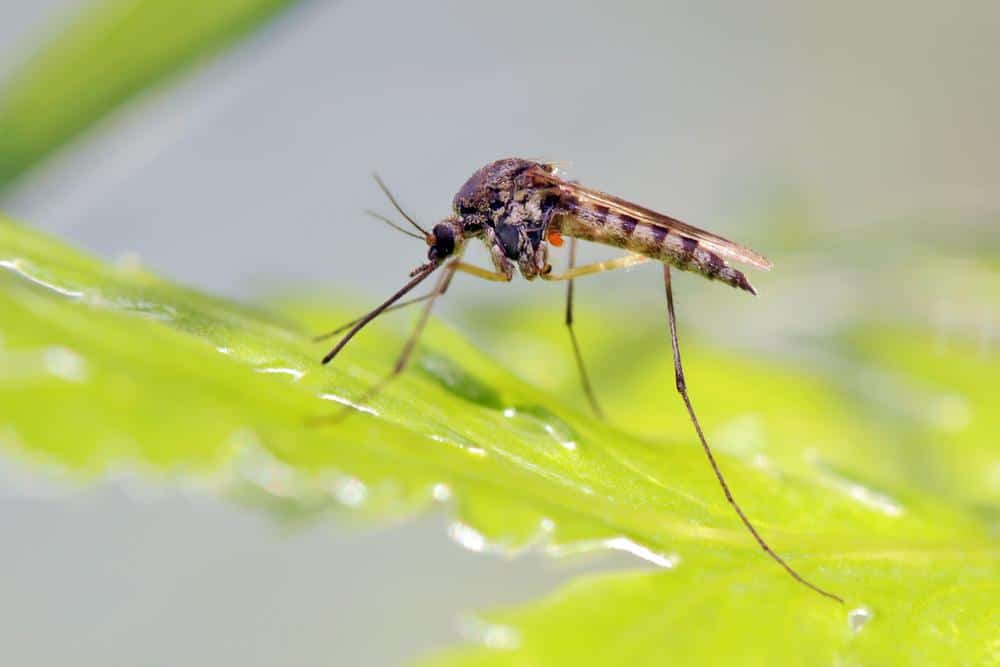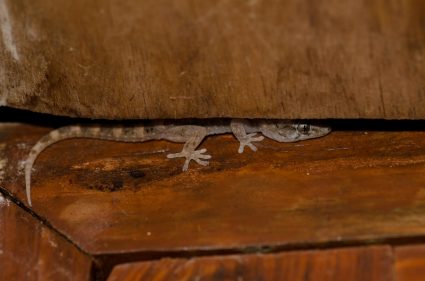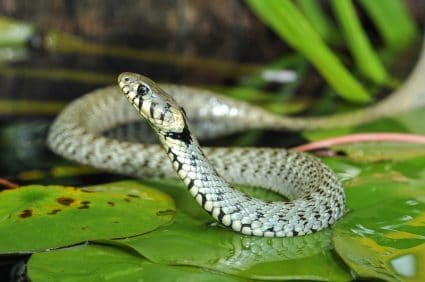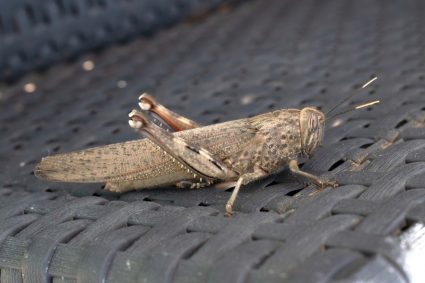
Mosquitoes are more than just annoying pests; they are also carriers of several diseases such as malaria, dengue fever, and Zika virus. Keeping these insects at bay is crucial for both your comfort and health. In this comprehensive guide, we will cover everything you need to know about what keeps mosquitoes away from you.
To keep mosquitoes away, use proven repellents such as DEET, Oil of Lemon Eucalyptus, or Picaridin. Natural remedies include essential oils like citronella, lemongrass, and lavender, and planting mosquito-repelling plants like marigolds and basil. Covering up with long-sleeved clothing and eliminating standing water can also help. Additionally, your diet and the color of your clothing can influence your attractiveness to mosquitoes.
What Attracts Mosquitoes to Humans?
Before we delve into how to repel mosquitoes, it’s essential to understand what attracts them to humans in the first place.
- Carbon Dioxide: Mosquitoes are drawn to the carbon dioxide we exhale. They can sense this gas from a significant distance, making humans attractive targets.
- Body Heat: Our body heat helps mosquitoes locate us.
- Sweat: The smell of substances in our sweat like lactic acid, uric acid, ammonia attracts mosquitoes.
- Skin Microbiota: The diverse microbial community on our skin influences our attractiveness to mosquitoes.
- Carboxylic Acids: The presence of these acids on our skin can also attract mosquitoes.
- Odor from Skin Secretions: The unique odor created by molecules in our body can make us more attractive to mosquitoes.
- Clothing Color: Mosquitoes use visual cues to find potential meals and are more likely to bite people wearing contrasting colors.
- Movement: Physical exertion and movement make the body release more carbon dioxide, making a person more attractive to mosquitoes.
- Blood Type: Some studies suggest that mosquitoes may prefer certain blood types.
Proven Methods to Repel Mosquitoes
Let’s now look at some scientifically proven methods to repel mosquitoes:
- DEET: This is a widely used and effective mosquito repellent. It works by masking the chemical cues that attract mosquitoes.
- Oil of Lemon Eucalyptus (OLE): This natural repellent is approved by the CDC for its effectiveness in repelling mosquitoes.
- Picaridin: Another effective mosquito repellent recommended by experts.
- Clove Oil: With the active ingredient eugenol, clove oil can protect from mosquito bites for over 90 minutes at a 10% concentration.
- Fans: An oscillating pedestal fan can reduce mosquito landings by 45 to 65 percent.
- Permethrin-treated Clothing: This type of clothing can provide additional protection against mosquitoes.
- Cover Up: Wearing long sleeves, pants, socks, and closed-toe shoes can help prevent mosquito bites.
- Eliminate Standing Water: Regularly draining standing water in your yard can prevent mosquito eggs from hatching.
Natural Remedies to Keep Mosquitoes Away
There are several natural remedies that can help keep mosquitoes at bay. These include:
- Essential Oils: Citronella, lemongrass, and lavender essential oils can be used in DIY repellent sprays or diffusers.
- Plants: Marigolds, basil, and rosemary can be grown in your garden to deter mosquitoes.
- Herbs: Peppermint and eucalyptus can also be used as effective mosquito repellents.
- Geraniol: Found in citronella, lemongrass, and rose oil, geraniol has been shown to help keep mosquitoes at bay for a short period.
- Catnip Oil: Derived from the nepeta cataria plant, catnip oil may offer mosquito protection for up to 7 hours.
- Citronella Oil: Commonly used in insect repellents and candles, citronella oil can offer up to 50% more protection when used outside.
- Tea Tree Oil: Also known as melaleuca oil, tea tree oil is a well-known essential oil from Australia that can help repel mosquitoes.
Risks and Side Effects of Using Chemical Repellents
While effective, chemical repellents can pose risks and side effects when not used correctly. These can include skin irritation, eye irritation, allergic reactions, respiratory irritation, stomach and digestive irritation, and in rare cases, seizures and uncoordinated movements. To minimize these risks, it’s essential to follow the label directions when using any chemical repellent.
Influence of Diet and Body Scent
A person’s diet and body scent can influence their attractiveness to mosquitoes. Consuming potassium-rich foods, salty foods, and alcohol can make a person more attractive to mosquitoes. Caffeine consumption can also increase a person’s attractiveness to mosquitoes because it raises metabolism and body temperature.
Clothing Choices for Mosquito Prevention
Wearing heavier fabrics and covering as much skin as possible can reduce the chances of getting bitten. Opt for long-sleeved shirts, long pants, and socks to cover up as much skin as possible. Light-colored clothing, such as white, green, blue, and purple, can also help repel mosquitoes.
Precautions during Sleep and Outdoor Activities
Choosing a location with a good breeze, using mosquito nets, applying mosquito repellent lotion, using electrical mosquito repellents or zappers, setting up a high-speed fan, wearing long-sleeved shirts, long pants, and socks, eliminating standing water sources, using mosquito repellents containing DEET, picaridin, or oil of lemon eucalyptus, installing window and door screens, and avoiding using perfumes, colognes, or scented body products are some of the precautions you can take to keep mosquitoes away during sleep or outdoor activities.
In conclusion, while mosquitoes can be a nuisance, there are various methods to keep them at bay. By understanding their behavior and taking the necessary precautions, you can significantly reduce your chances of getting bitten.
Frequently Asked Questions
What time of day are mosquitoes most active?
Mosquitoes are most active during dusk and dawn. However, it’s important to note that some species of mosquitoes can bite at any time of the day.
Can mosquitoes transmit HIV or other bloodborne diseases?
No, mosquitoes cannot transmit HIV or other bloodborne diseases. When a mosquito bites, it does not inject its own or a previously bitten person’s blood into the next person it bites. Rather, it injects saliva, which acts as a lubricant so the insect can feed efficiently.
How far can mosquitoes fly?
The distance a mosquito can fly varies depending on the species. Some mosquitoes can fly as little as 1 mile, while others can fly up to 20 miles. The average mosquito can fly around 1 to 3 miles.
Are there any vaccinations for mosquito-borne diseases?
Yes, there are vaccinations available for some mosquito-borne diseases such as Yellow Fever and Dengue Fever. However, for many other diseases transmitted by mosquitoes, there are currently no available vaccines. It’s best to consult with a healthcare provider for the most relevant and up-to-date information.
How effective are mosquito nets?
Mosquito nets, particularly those treated with insecticides, are very effective in preventing mosquito bites. They provide a physical barrier that prevents mosquitoes from reaching the person sleeping under the net. Nets treated with insecticide kill mosquitoes when they land on the net, providing an additional layer of protection.












